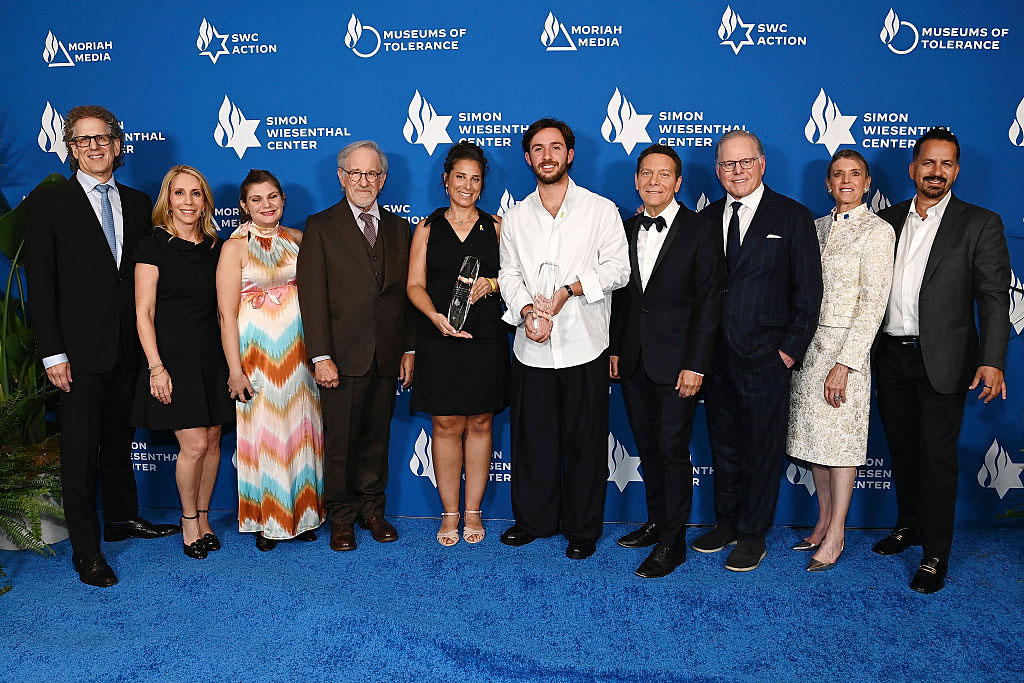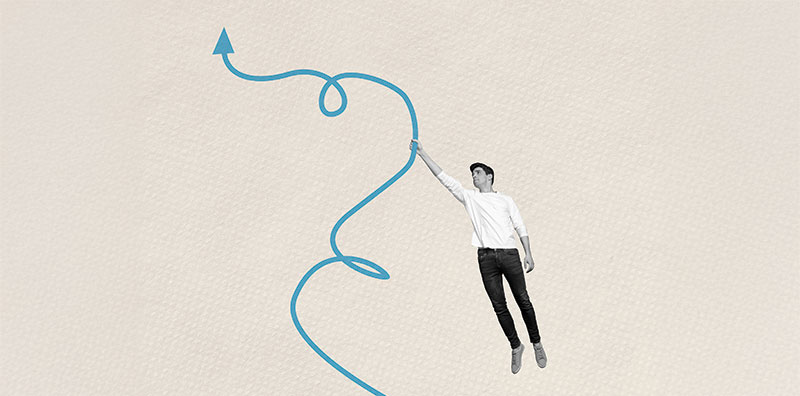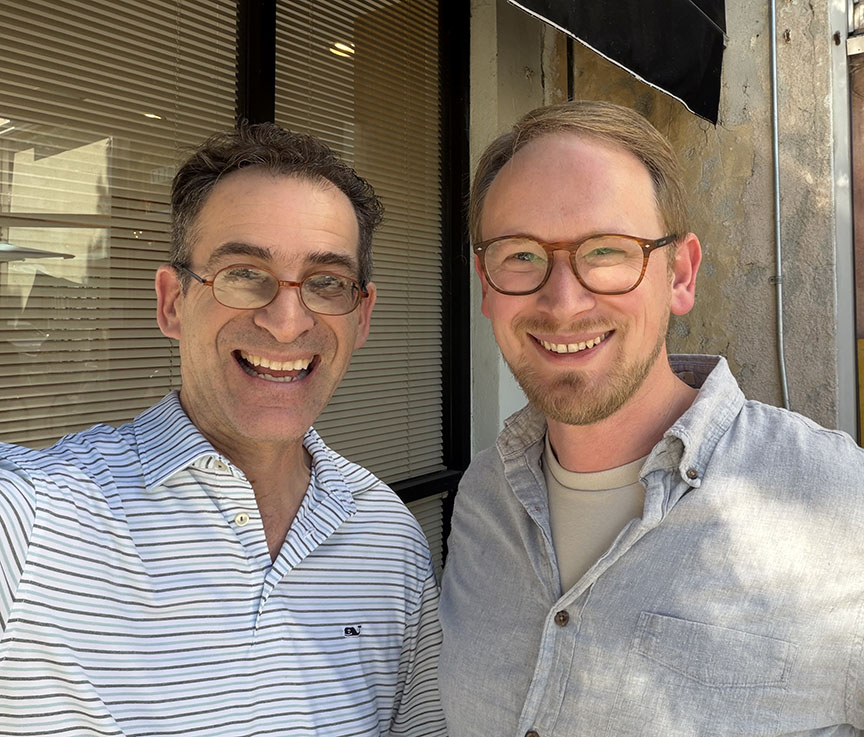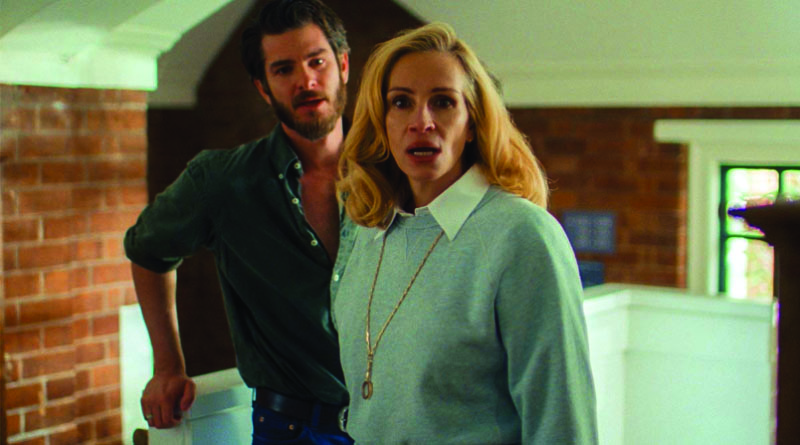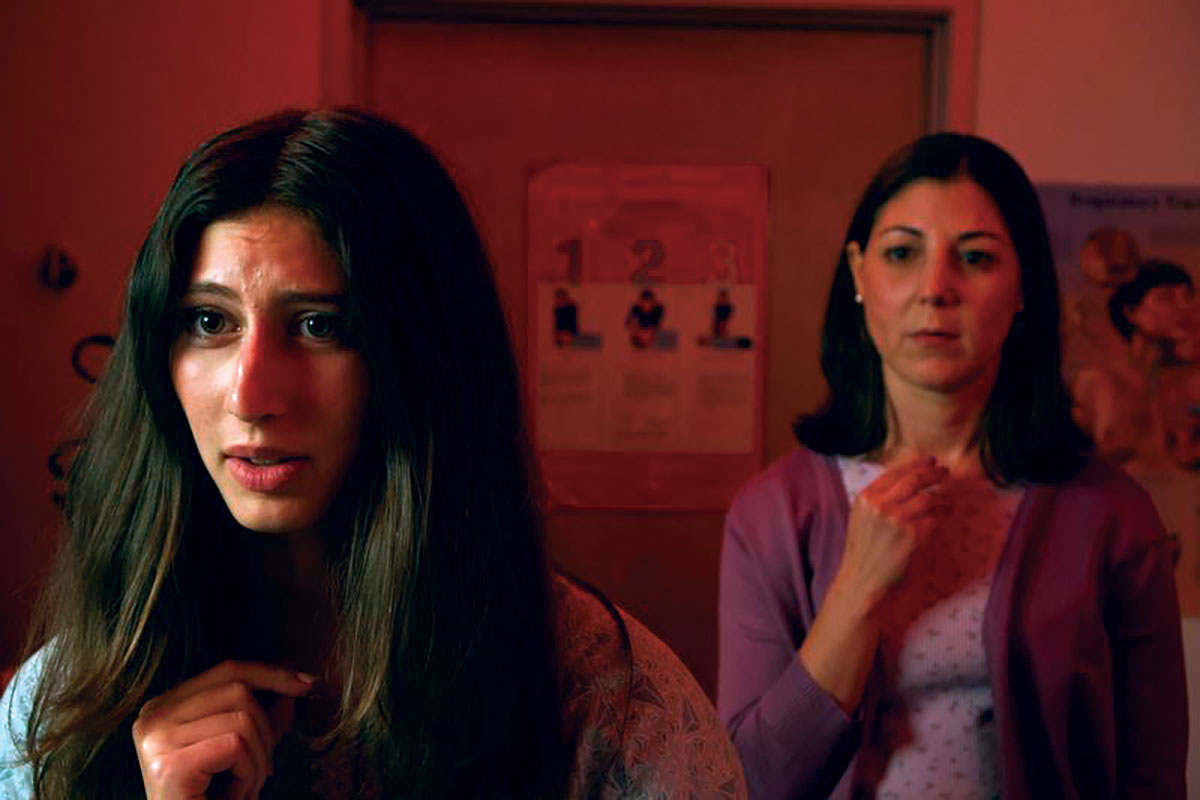
I recently returned to practicing Iyengar yoga, and immediately realized how much I had missed it. Both Iyengar studios I had frequented for years closed due to skyrocketing rents, so I performed my downward dogs and triangle poses from the mat in my small home office with Zoom instructors and videos. These are great Hatha-style workouts, but Iyengar classes are much longer — usually an hour-and-a-half — and involve frequent restaging of your mat with bolsters, blankets, bricks, straps, and even ropes. It’s a gantza megillah, and I didn’t have the space, the equipment, or the patience to try to do it from home.
During my first class as a prodigal Iyengar returnee, my new instructor, Chris, announced that we were going into a half handstand. I wondered: Could I still do it after so long without practice?
During my first class as a prodigal Iyengar returnee, my new instructor, Chris, announced that we were going into a half handstand. I wondered: Could I still do it after so long without practice? Without overthinking it, within a few seconds I had braced my hands on the floor and planted my feet against the wall about three feet from the ground. Chris suggested improvements to my form and I adjusted accordingly. I was surprised and rather amazed that I could get my body into a 90-degree angle like that. All my yoga practices — even from home — had kept me strong.
Yoga is associated with Buddhism, but plenty of religious Jews are devoted practitioners. At the beginning of an Iyengar class there is an incantation to an ancient sage who is considered “the father of yoga.” This mantra is sort of like their “Barochu” before Shachrit, and I sit quietly until the brief Sanskrit prayer is over. For many, yoga is as much a spiritual practice as a physical one. This got me thinking: Can you really separate the physical from the spiritual? As long as we are living in this temporal existence, I don’t think so.
There are many things I love about yoga — all kinds of yoga. After each class I can take my powered-up stamina and the spiritual benefits and plug them into my Jewish life. For example, yoga emphasizes intention, integrity of form, purposeful breathing, and accepting the limits of what we can do in each practice. (By the way, the word for breath in Hebrew, nishama, is nearly identical to the word for soul—neshama.) It’s about opening up channels of energy and growing in strength and flexibility. It’s never about competition with anyone else, and certainly never about how glamorous your workout clothes are. I also like the folks I meet in yoga class. They’re like the people you meet on a mountain trail — friendly, unhurried, focused on being in the moment. The hurly-burly of our workaday life can wait.
I find some things in yoga almost hilarious, such as having to look at the dozen framed photos of B.K.S. Iyengar, the originator of this style of yoga, all over the room. He looks to be about 85 in these photos, and in each one he is contorting himself into some impossibly wild tangle of arms and legs, an Indian Gumby. His expression is calm. Just another day with your feet wrapped up around your ears. All my instructors claim that each yoga position is good for something: the adrenals, the heart, the kidneys, the brain, etc. I believe them. Mr. Iyengar lived to be 95, and I imagine that one day after standing on his head for an hour or two he simply laid down on his mat in a final, permanently restorative shivasana pose. I’ve heard Mr. Iyengar cured his own minor illnesses by standing on his head for at least forty minutes each day — just a word to the wise.
I also find it funny that I am taking the same class as paragons of yoga strength and endurance who can hold a perfect, full headstand or hang from their knees from a pair of ropes for 10x minutes at a time. Do I even belong here? Yes I do. I remind myself that this isn’t a competition; it’s about working for my personal best with intention, focus, breath, and a sense of humor, to strengthen body and spirit.
Judy Gruen’s most recent book is “The Skeptic and the Rabbi: Falling in Love With Faith.”









